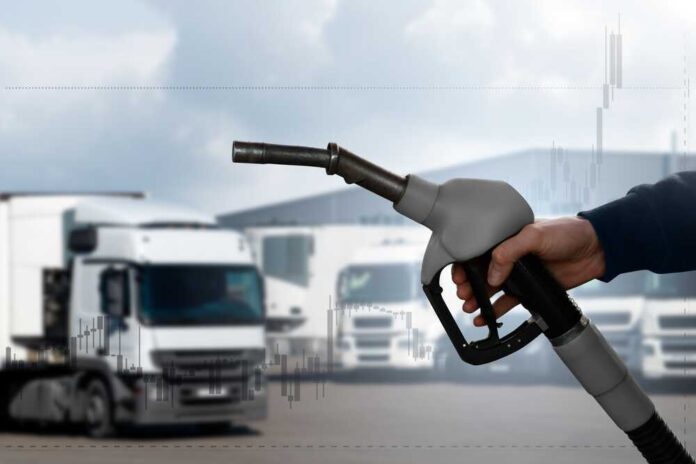
In just 13 years, all diesel trucks will be banned from the state of California.
On Friday, regulators in the state approved the ban of all diesel trucks by 2036. In addition, all trucks have to qualify as zero emissions six years after that – by 2042.
The approval handed down by the California Air Resources Board was unanimous. It will allow the Advanced Clean Fleets rule to move forward. It’s now the second zero-emissions rule for trucks that’s been passed in California, and the first in the entire world that will require all newly-manufactured commercial trucks to be electric.
Included in that list are any heavy-duty and medium-duty vehicles, as well as delivery trucks and garbage trucks, to name a few.
Those who support the rule have said that public health will be improved as a result, especially in marginalized communities that have often faced the brunt of air pollution in California. Estimates are that the rule will bring $26.5 billion worth of public health benefits, in the form of deaths and other health impacts that will be avoided after diesel pollution is gone.
The California Air Resources Board has said that heavy-duty trucks are responsible for one-third of the nitrogen oxide in the state’s air and about one-quarter of all fine particle pollution that comes from diesel.
The non-profit organization Union of Concerned Scientists has also said that heavy-duty and medium-duty trucks account for only 10% of all vehicles in the country, yet they’re responsible for 25% of total greenhouse gas emissions that come from transportation.
On the opposite side of the argument are truck manufacturers and the lobbying groups that represent them. Their main arguments are that moving to electric vehicles will be extremely costly and could significantly impact their ability to operate – which would be a major problem for the supply chain not just in California but across the country.
Because large trucks are so heavy and big, it is much more expensive to take them from diesel-powered vehicles and cover them over to electric-powered.
What’s more, the industry has said that the deadlines put in place by the state of California are simply unrealistic, because there is a complete lack of charging infrastructure for EVs, especially at the state’s major ports.
The deadlines come in stages, but the earliest one happens in 2035, when all drayage trucks – those responsible for carrying cargo in and out of the major ports – must be electric. Just next year, though, all new sales of these vehicles have to have zero emissions.
Three years after that, in 2027, another group of vehicles that includes school buses and garbage trucks have to have zero emissions.
The challenge for the trucking industry as a whole is that California has a lot of pull over transportation. When California makes major changes like this, other states usually follow suit.
This can be seen first-hand in the fact that seven other states – Colorado, Vermont, Massachusetts, Oregon, Washington, New Jersey and New York – have adopted the ADvanced Clean Trucks rule that was first passed in California.













